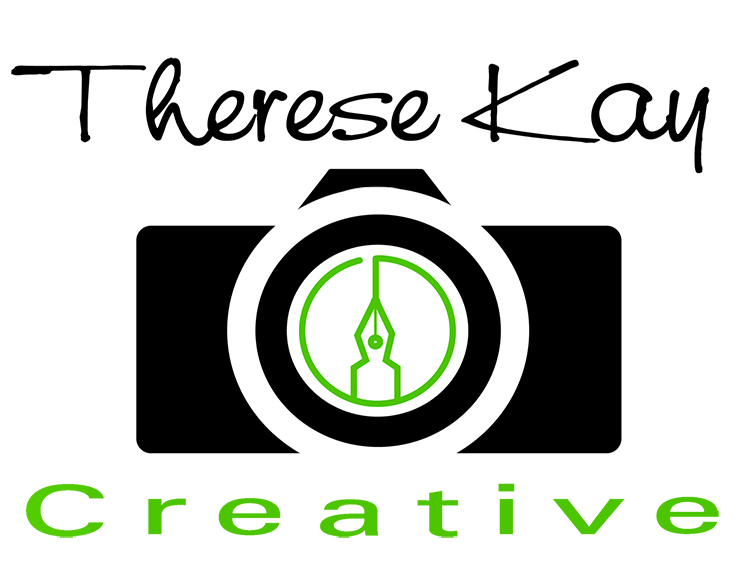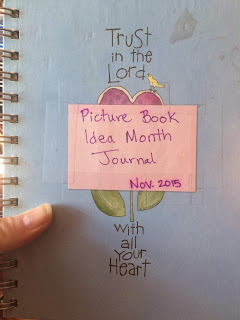Story Storm 2019
Every year, for the past 10 years Tara Lazar, author of 7 Ate 9, Little Red Gliding Hood, Normal Norman, and a handful of other books, hosts Story Storm. I’ve participated since 2014, so this marks year 5 for me!
So, what is Story Storm? To give you a hint, it used to be called PiBoIdMo. Does that help? No? OK, let’s deconstruct that: Picture Book Idea Month! It’s fun to say, but I think Story Storm doesn’t need as much translation. It is currently held every January for the entire month and is a great way to kick off a year of writing! The challenge is to generate 31 picture book ideas in 31 days. Now, anyone who has ever brainstormed anything knows that only a few ideas ever develop into anything, but you need to have the ideas!
I haven’t published a book yet, though I have notebooks full of ideas and manuscripts in various phases of completion. But I wanted to share a few of the reasons that I love this challenge so much as well as some of the techniques I’ve used over the years to generate my story ideas.
One of the things that Tara Lazar does is to gather other published authors and illustrators in the children’s book world and have the write a blog about how they generate ideas. She has one blog post every day for the entire month. This is such a wonderful resource to go back to throughout the year! Here is the link to the one she has for today, January 30, 2019 written by Linsay Bonilla Tames, author of Polar Bear Island. From there, you can access the treasure trove of other idea-generating blog posts Tara has compiled over the years.
-
Look around. What do you see, right now, that a child might be interested in? What might happen with that object?
Example: There’s a calendar on my wall. What’s the next holiday coming up? Is today a school day? What season is it? Is there a picture on the calendar? Is there a reason that picture was on that month? -
Scroll through your favorite image search engine. Are there any images that speak to you? Why? What is interesting or fascinating about the photo? Why do you like or dislike it?
Example: I see a cat holding an umbrella. I don’t like cats holding umbrellas because that’s not what they do. Oh, but what *does* a cat do in the rain? Is there a story there? -
Listen to the news, read the paper, etc. Is there something happening in the world that might be confusing to children that a story might help?
Example: I heard a piece on NPR the other day about healthcare for Veterans. The idea that came from that wasn’t about healthcare but about a child dealing with one of their parents being away on active duty. -
Read stories! One story can spawn the idea for another story! What if you changed the characters or the details or the age the story is geared to?
Example: What if the Little Bo Peep didn’t lose sheep but lost llamas? -
Watch cartoons or remember the cartoons you used to watch as a kid. Change around the characters and scenes!
Example: Maybe you don’t want a dynamite exploding coyote, but could might want to write about the rivalry about two supposed “enemies” and how they come to an understanding. -
Mine your memories. What happened to you as a child? Many childhood experiences are universal. Some of them aren’t but they spawn universal feelings of confidence, betrayal, fear, frustration, or delight. How can this spark a story?
Example: The frustration of learning how to tie a shoe. -
It doesn’t have to be a childhood memory! What has happened to you as an adult that might also happen to a child.
Example: You went to a party and didn’t feel like you quite fit in with anyone. How might a child react in this kind of situation? -
Get embarrassed! Things we think are embarrassing kids sometimes think are hysterical! Besides, it’s good to laugh at yourself!
Example: Did you ever fart out loud… in public? Have a messy sneeze? Find out one of the pieces of clothes you were wearing was inside out? -
Revisit your favorite quotes! I collect quotes from books, magazines, blog posts… Sometimes they are inspirational and sometimes they are funny. One of those quotes could be the basis of a story.
Example: (sadly, I don’t remember the source of this) “All I saw was the cake.” When is a cake often the center of attention? Maybe a birthday? Was this a nice cake? An awful cake? And what happened as a result of this cake? What if it was an event that normally wouldn’t have cake, like a school day morning at the breakfast table? -
Mix it up! Pair random pictures together or random words… or random words and pictures. What results?
Example: a photo of a shark and a photo of a bear made me think of claws and teeth and how handy it would be to have both of those things in a scary situation. I’m thinking there might be a crazy creature story lurking in there! -
Facebook Memes and YouTube videos. OK, I don’t even need to give examples here! These are chock full of random inspirations! Always ask “what if” to get your juices flowing!
-
Open your fridge and think about the food there. Children resonate with food – things they hate, things they love, being hungry…. Or not and the ever-present struggle of not being allowed to eat too many sweets! What food memories do you have?
Example: I still remember not being allowed to go swimming with my siblings because I didn’t want to eat my half a hamburger. By the way, I never did get to go swimming that day…. -
Go to a museum or art gallery (even if it’s online!) and get inspired by the art!
Example: You might get fascinated by an artist and want to write their story or you might see something in a painting or sculpture that that spawns an idea. Or maybe there’s a technique? Or artist switch up! What if Picasso painted Starry Night instead of Van Gogh? -
Think about things kids get confused about or might not know without explanation.
Example: How do vegetables or fruits grow from a seed? Or where do trains go when you can’t see them any more? -
Mine the dictionary! Are there words you can play with like plurals or synonyms or homonyms?
Example: Tara’s book of 7 Ate 9 is classic word play! -
Rory’s Story Cubes! This game is all about story generation! Roll the cubes and make a story with what comes up!
Example: a sheep, a turtle, and a speech bubble come up. Hmm…. What would happen if a sheep and a turtle met each other? What circumstances brought them together since one lives near the pond or ocean and the other lives on a farm or field? What might they say to each other? Would they have an adventure together? What would it be? Would the sheep make the turtle a sweater? -
Odd occurrences that don’t have a real explanation.
Example: Where do all the missing socks end up? -
Accidental misspellings, typos, and misquotes.
Example: Instead of typing “journal”, you type “gernal” which makes you think of germs. What if a cold germ kept a journal? What would he write? “Today I’m excited because I finally made her sneeze”? -
Overheard snippets of conversation heard… anywhere!
Example: You overhear someone saying, “He could move his eyebrows like this.” Hmm… who could move their eyebrows? How did they move? What do they look like? Why was it special? Different people and animals have different kinds of eyebrows…

